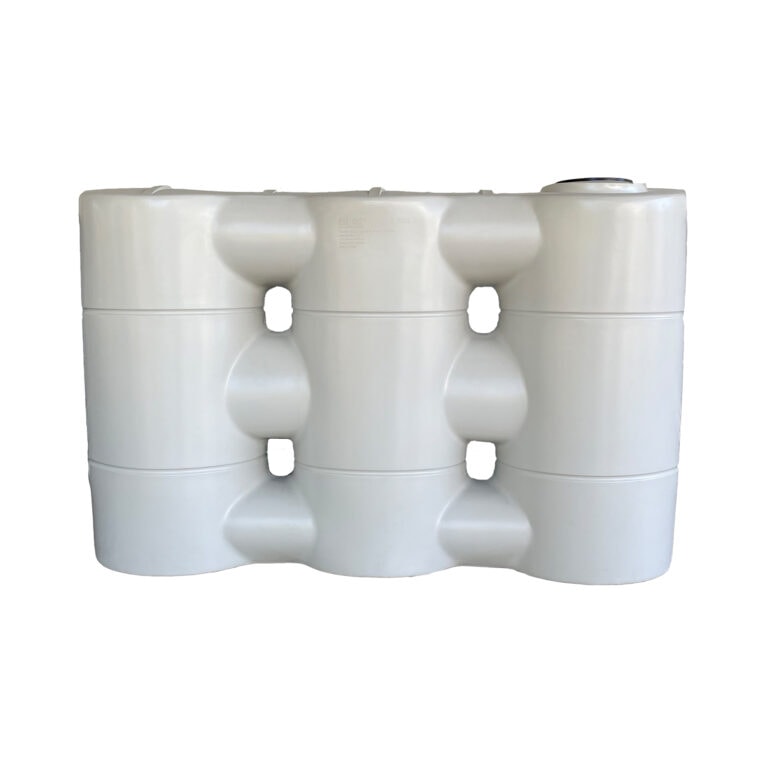Discover the Relevance of Rain Containers for Sustainable Water Conservation Initiatives
In the world of sustainable water preservation, the utilization of rainwater containers stands as a critical technique that benefits more detailed evaluation. By checking out the complex benefits of rainwater harvesting, an extensive understanding of its possible impact on water conservation initiatives arises.
Advantages of Rainwater Storage Tanks
Making use of rain tanks provides a sensible solution for sustainable water administration by using nature's resources efficiently. Rainwater storage tanks gather and save rain that drops on rooftops, which can then be utilized for different non-potable objectives, such as watering, washing clothes, flushing bathrooms, and also for some safe and clean uses with appropriate therapy. Among the crucial advantages of rain containers is the reduction of demand on mains water system, specifically throughout completely dry seasons or dry spells.
Ecological Impact of Rainwater Harvesting
Rainwater collecting with the use of containers offers a sustainable water management practice with favorable ecological ramifications. By capturing rain, this technique assists reduce the demand for mains water supply, thereby reducing the problem on water treatment plants and lowering energy usage associated with water circulation.
Moreover, rainwater harvesting advertises water conservation and lowers reliance on limited water resources. It decreases pollution in water bodies by diverting rain away from smooth surfaces where it can grab impurities before getting in waterways. Executing rainwater storage tanks likewise reduces the strain on communities by reducing the removal pressure on rivers and streams. On the whole, the environmental effect of rainwater harvesting highlights its significance ahead of time lasting water administration techniques.
Rain Containers for Residential Use
Having highlighted the ecological advantages of rain harvesting, the focus now moves to the functional application of rain tanks for domestic water conservation (Slimline water tanks). Rain containers play an important duty in residential water administration by recording and keeping rainwater that drops on the roof of a house. These storage tanks can range in dimension and product, supplying homeowners flexibility in selecting a system that fits their requirements
Among the main advantages of utilizing rainwater tanks in domestic settings is the reduction in reliance on keys water supply. By collecting rainwater for non-potable uses such as sprinkling yards, cleaning autos, flushing commodes, and doing laundry, houses can substantially lower their general water intake and energy costs. Furthermore, rainwater is generally devoid of the chemicals found in treated water, making it a preferable selection for particular family tasks.
Furthermore, rainwater harvesting systems can aid alleviate metropolitan flooding and erosion by lowering stormwater overflow. By capturing rainwater in containers, less water flows into tornado drains pipes, reducing the strain on metropolitan water drainage systems throughout heavy rainfall. In general, integrating rainwater storage tanks into properties contributes to lasting water conservation efforts and promotes self-sufficiency in water management.

Financial Advantages of Making Use Of Rainwater Tanks
The monetary benefits connected with the execution of rainwater storage tanks in residential and business setups are significant and complex. One of the key economic benefits of utilizing rainwater containers is the decrease in water bills. By accumulating and storing rain for numerous non-potable uses such as watering, commode flushing, and washing, property proprietors can considerably reduce their dependence on keys water system, leading to considerable price financial savings over time.
Moreover, the installment of rainwater containers can raise property worth. In today's eco mindful market, residential properties geared up with sustainable functions like rainwater harvesting systems are frequently more attractive to possible customers, regulating higher market price and faster sale times.
Furthermore, rain containers can assist services and homeowners mitigate the effect of water constraints and rising and fall water prices. By having an auxiliary water source throughout droughts or durations of raised water expenses, people and organizations can better manage their water-related expenses and maintain operational continuity. In general, the financial advantages of using rain tanks make them a wise financial investment for long-term cost savings and sustainability.
Community Sustainability Via Rainwater Collection
Taking into consideration the broader anonymous influence beyond private benefits, the assimilation of rainwater collection systems in communities plays an essential function in cultivating ecological sustainability and resource administration. Community sustainability through rainwater collection initiatives not just help in reducing the stress on local water resources but additionally aids in reducing the effects of urbanization on neighborhood water systems. By setting up rain containers in public structures, parks, and public areas, communities can decrease their reliance on central water resources, resulting in a much more resilient water supply during dry spells or emergencies.
Furthermore, community-level rainwater harvesting cultivates see this a feeling of collective obligation towards water conservation. Ultimately, community sustainability with rain collection not only profits the present generation but likewise makes certain a more sustainable future for generations to come.

Conclusion
